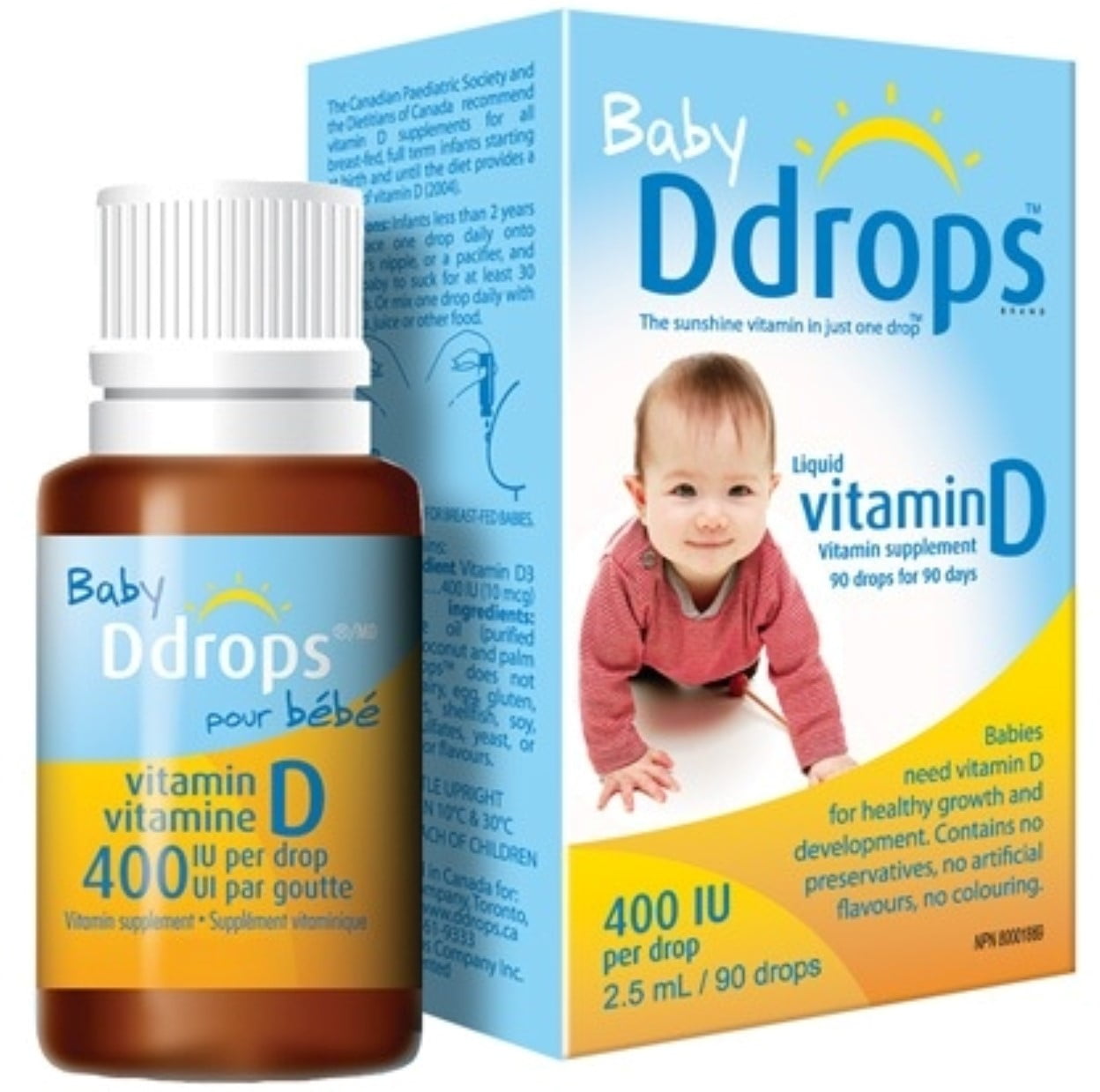

Rickets was a global disease in the early twentieth century.

Rickets in children is caused by severe, chronic vitamin D deficiency with apparent skeletal abnormalities, but neonates with vitamin D insufficiency have no overt skeletal or calcium metabolism defects. Low maternal vitamin D status during pregnancy is a major risk factor for rickets in infants. Vitamin D status in newborns is entirely dependent on maternal supply during pregnancy. Vitamin D deficiency limits the effective absorption of dietary calcium and phosphorus. Deficiency of vitamin D is the most common cause of rickets and is also known to increase the risk of respiratory distress syndrome, lower respiratory infections, food sensitivities, asthma, type I diabetes, autism and schizophrenia. Although reducing sun exposure is important for preventing cancer, it also decreases the amount of vitamin D that a person can make from sunlight.Vitamin-D is not only an essential element in bone health, but it is also a pro-hormone. The risk for vitamin D deficiency is increased when there is limited exposure to sunlight or when an infant is not consuming an adequate amount of vitamin D. Why are infants at risk for vitamin D deficiency?

Once a child has started eating solid foods, parents can make sure their child is getting enough vitamin D from foods or supplements. Families who do not wish to provide a supplement directly to their infant should discuss with a healthcare provider the risks and benefits of maternal high dose supplementation options. To avoid developing a vitamin D deficiency, the Dietary Guidelines for Americans and American Academy of Pediatrics recommend breastfed and partially breastfed infants be supplemented with 400 IU per day of vitamin D beginning in the first few days of life. Shortly after birth, most infants will need an additional source of vitamin D.

Do infants get enough vitamin D from breast milk?īreast milk alone does not provide infants with an adequate amount of vitamin D. Vitamin D deficiency rickets among breastfed infants is rare, but it can occur if an infant does not receive additional vitamin D from foods, a vitamin D supplement, or adequate exposure to sunlight. Vitamin D is needed to support healthy bone development and to prevent rickets, a condition that causes weak or deformed bones.


 0 kommentar(er)
0 kommentar(er)
